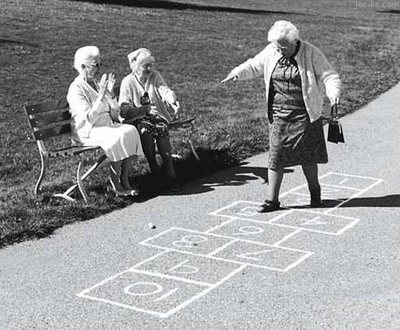This week I test my cellular age
I’ve reached that curious age where you no longer look your age. Which is to say you look as old as whatever you got up to the night before.
When I sleep badly, I look like there’s a huge suck-hole at my feet dragging my fascia deep below the earth’s crust. If I have more than one glass of red at dinner, the next day I resemble a before shot in one of those psoriasis medication ads. A rut of eating too much sugar and I’m puffy and slow and I look….wan. I’ve never in my life had occasion to use the word “wan”. But right now it lends onomatopoeic appropriateness.
Conversely, when I live 100 per cent virtuously, I look – comparative to everyone else my age battling a one-glass hangover – positively pubescent.
Being such an age (and since we’re friends, I’m cruising towards 37), I’ve started noticing a lot of people obsessed with anti-aging. I’m sure it’s not just the creaky circles I mix in. It started with an antioxidant fixation a few years ago. Now everyone’s popping a cocktail of new supplements, such as Coq10, DHEA, EFAs and melatonin (a sleep aid with alleged age-reversing properties), and sharing their hormone specialist’s contact details. I know I use this literary device a lot in this column, but it must be said: longevity is the new skinny.
For folk in these circles, biological age (the number of years endured on the planet) is becoming redundant. Our cellular age is where it’s all that. This is essentially the health age of our cells, which can then determine our longevity. Extensive research has shown that genes dictate less than 25 per cent of how long the average person lives. The rest is up to us. Which you can take as liberating. Or daunting.
Of course, there are tests you can do to calculate your cellular age. And, of course, this week I tried one.
